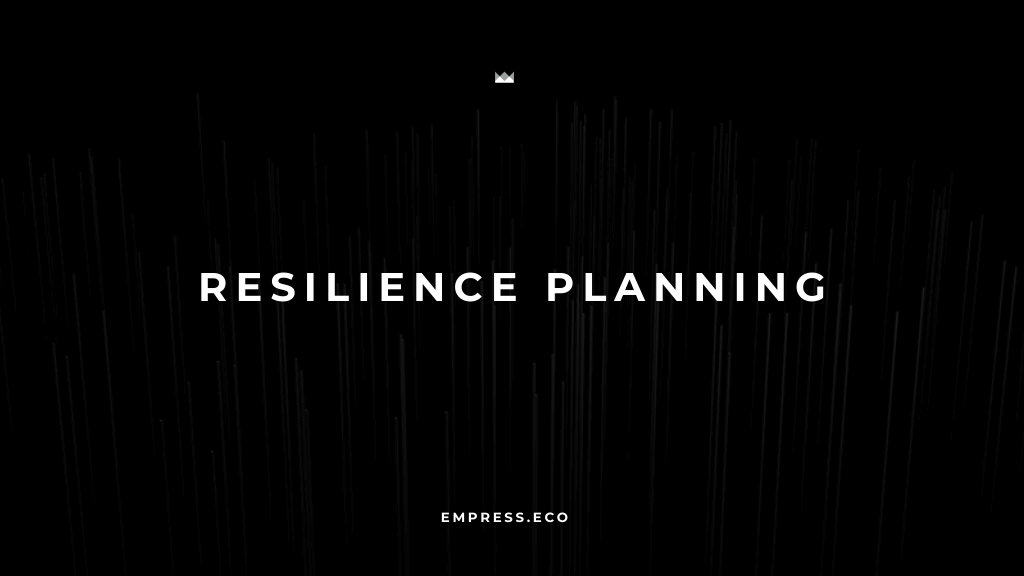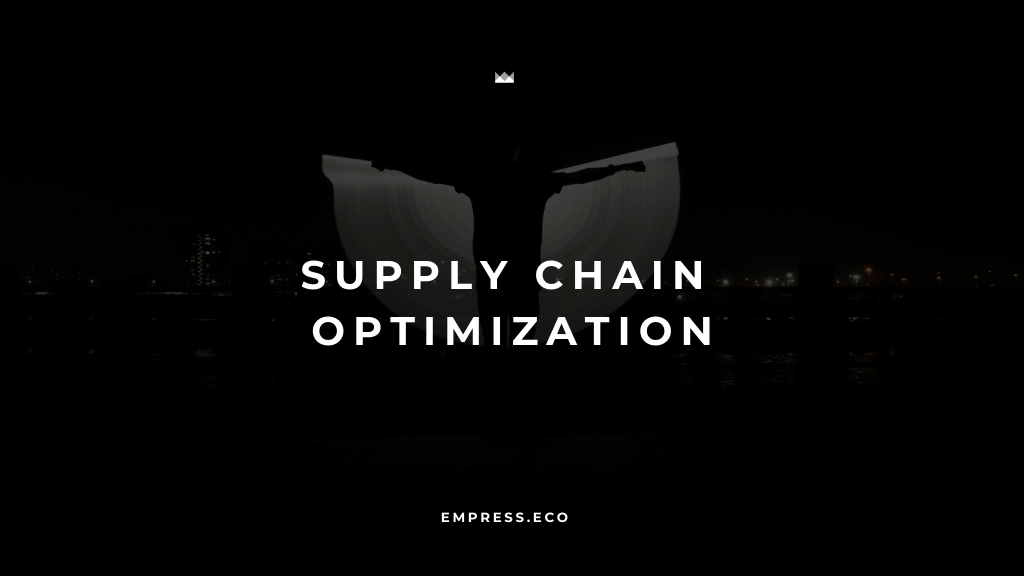Incorporating sustainability into business practices is no longer optional; it’s a necessity. At Luna, we understand the importance of balancing quality with environmental responsibility. By integrating eco-friendly practices into our certification standards, we help businesses not only protect the environment but also enhance their performance and compliance. Let’s explore how this intersection of quality and sustainability can transform your business.
Why Sustainability Matters in Business
Environmental Impact
Businesses have a significant impact on the environment. From resource consumption to waste generation, every operation leaves an ecological footprint. Adopting sustainable practices helps mitigate this impact, contributing to a healthier planet.
- Resource Conservation: Sustainable practices focus on conserving resources like water, energy, and raw materials. This not only reduces environmental strain but also ensures long-term availability of these resources.
- Waste Reduction: By implementing efficient processes and technologies, businesses can minimize waste generation, reducing their contribution to landfills and pollution.
Regulatory Compliance
Governments and regulatory bodies worldwide are increasingly enforcing environmental standards. Compliance with these regulations is essential to avoid legal penalties and maintain a good business reputation.
- Legal Protection: Adhering to environmental regulations protects your business from fines and legal actions.
- Market Access: Many markets and industries now require compliance with environmental standards as a prerequisite for entry.
Consumer Expectations
Today’s consumers are more environmentally conscious than ever before. They prefer to support businesses that demonstrate a commitment to sustainability.
- Brand Loyalty: Sustainable practices enhance your brand’s reputation and foster customer loyalty.
- Competitive Advantage: Businesses that prioritize sustainability stand out in the market, attracting eco-conscious customers.
How Luna Integrates Eco-Friendly Practices into Certification Standards
Comprehensive Environmental Assessments
Our certification process includes thorough environmental assessments. We evaluate your business practices to identify areas where you can reduce your environmental impact.
- Energy Efficiency: Assessments focus on energy consumption patterns and suggest ways to improve efficiency, such as using energy-efficient equipment or optimizing operational processes.
- Sustainable Materials: We evaluate the materials used in your operations, recommending sustainable alternatives where possible.
Incorporating Green Technologies
Adopting green technologies is a key aspect of our certification standards. These technologies not only help reduce environmental impact but also enhance operational efficiency.
- Renewable Energy: Integrating renewable energy sources like solar or wind power into your operations can significantly reduce your carbon footprint.
- Waste Management Systems: Implementing advanced waste management systems ensures that waste is minimized and properly recycled or disposed of.
Continuous Improvement and Monitoring
Sustainability is an ongoing journey. We help businesses establish continuous improvement processes to ensure they remain environmentally responsible over the long term.
- Real-Time Monitoring: Implementing real-time monitoring systems allows businesses to track their environmental performance continuously and make necessary adjustments promptly.
- Sustainability Audits: Regular audits ensure that sustainable practices are maintained and improved upon over time.
Benefits of Integrating Sustainability into Certification Standards
Enhanced Business Performance
Sustainable practices often lead to improved efficiency and cost savings. By conserving resources and optimizing processes, businesses can enhance their overall performance.
- Cost Savings: Reducing energy consumption and waste leads to significant cost savings, improving your bottom line.
- Operational Efficiency: Streamlined processes and efficient resource use result in smoother operations and higher productivity.
Improved Compliance
Integrating eco-friendly practices into certification standards ensures that your business stays ahead of regulatory requirements. This proactive approach minimizes compliance risks and associated costs.
- Regulatory Alignment: Staying compliant with environmental regulations avoids legal penalties and enhances your business reputation.
- Risk Management: Proactive environmental management reduces the risk of environmental incidents and liabilities.
Building Stakeholder Trust
Transparency in your sustainability efforts builds trust with stakeholders, including customers, investors, and partners. Demonstrating a commitment to environmental responsibility strengthens these relationships.
- Customer Trust: Eco-conscious consumers prefer businesses that prioritize sustainability, leading to increased customer loyalty and sales.
- Investor Confidence: Investors are more likely to support businesses that demonstrate long-term sustainability and risk management.
Steps to Integrate Sustainability into Your Business
- Conduct Environmental Assessments: Start by evaluating your current environmental impact and identifying areas for improvement.
- Adopt Green Technologies: Implement technologies that reduce your environmental footprint and enhance efficiency.
- Establish Sustainability Goals: Set clear, achievable goals for reducing resource consumption, waste, and emissions.
- Implement Continuous Improvement Processes: Regularly monitor and audit your sustainability practices to ensure ongoing improvement.
- Engage Stakeholders: Communicate your sustainability efforts transparently to build trust with customers, investors, and partners.
Conclusion
Integrating sustainability into your business practices is essential for protecting the environment and enhancing your performance and compliance. At Luna, we are committed to helping businesses achieve these goals through our rigorous certification standards that incorporate eco-friendly practices and green technologies.
By adopting sustainable practices, you can improve efficiency, reduce costs, and build trust with stakeholders. Let Luna guide you in integrating sustainability into your business, ensuring long-term success and environmental responsibility. Embrace the intersection of quality and environmental responsibility with Luna’s certification standards and lead the way towards a greener future.



